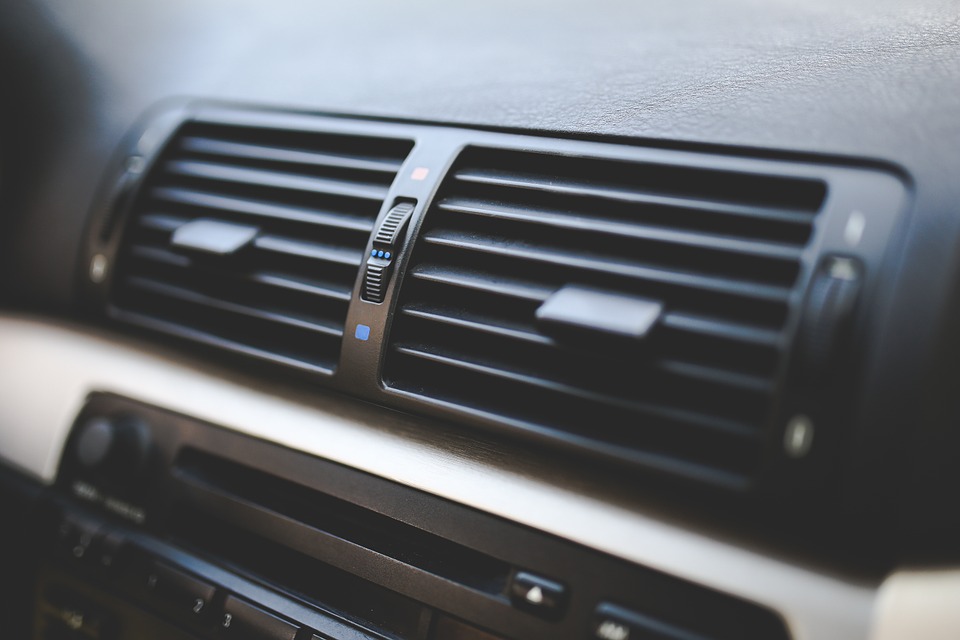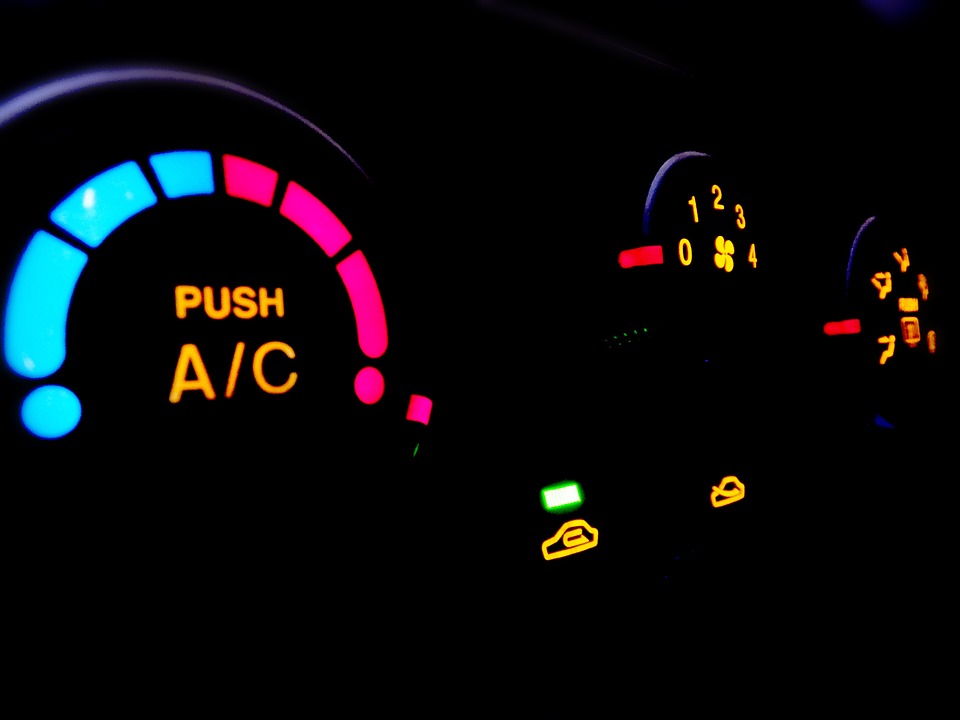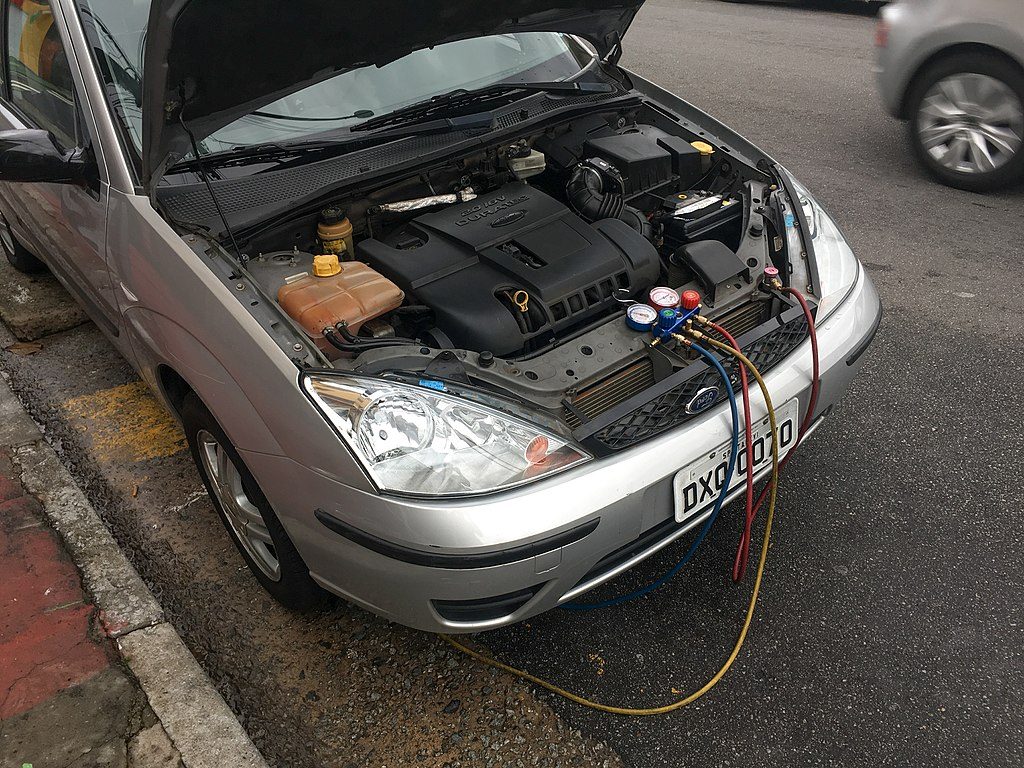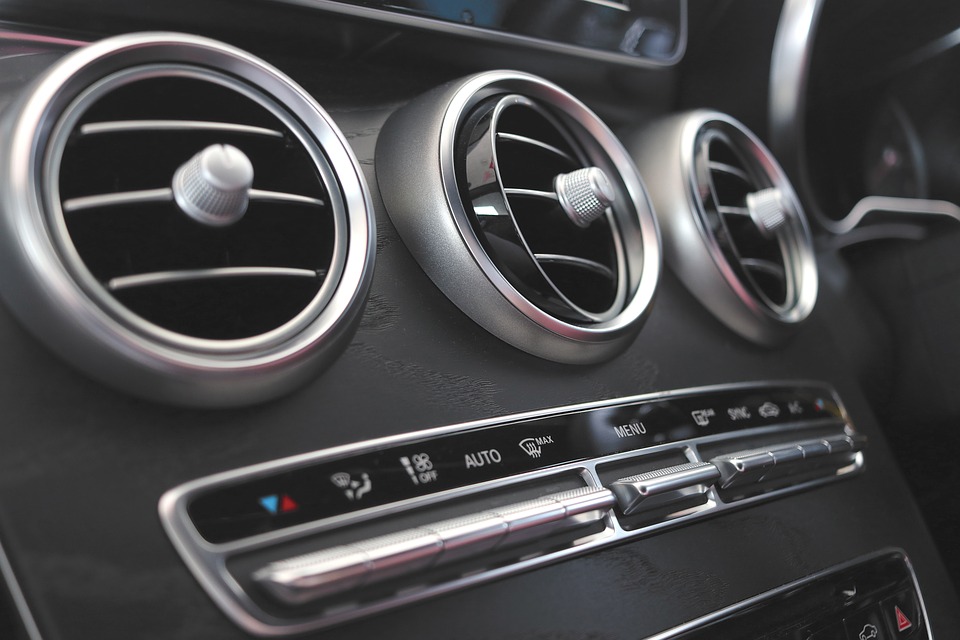Air conditioning provides freshness and comfort for motorists as it delays fatigue and provides a feeling of well-being during the ride. It is, therefore, a system that must always be in perfect working condition. Unfortunately, there will come a time when the air conditioning system of your vehicle will start hesitating to cool or heat the temperature. You do not want this to happen at the last moment when we are at the peak of the summer season. Hence, some people try to repair their AC with anti-leak products. But, is it worth the investment? We investigated for you!
How does air conditioning work?

Everything depends on the state of a fluid, which flows through a circuit in several stages:
– The fluid, in its gaseous state, is pressurized and heated by the compressor.
– It then passes through the condenser, from where it will emerge in a liquid state.
– As it passes through the desiccant bottle, which acts as a filter and fluid reservoir, it reaches the regulator at a pressure of 13 bar. It is where the cold is created: a nozzle (the regulator) narrows the passage of the pressurized fluid increasing its speed, like the icy air escaping from a tire valve from which the shell is removed. That fluid produces a cold temperature.
– In the last phase, the fluid passes through the evaporator positioned at the air inlet of the passenger compartment, which is then cooled.
What you should know: Air conditioning and regulation
Since 2009, legislation has imposed some conditions for any intervention on an air conditioning circuit.
A certificate of capacity
Some states require a mandatory certification for any establishment performing automotive air conditioning maintenance. It is valid for a specific period as decided by the legislators of each country.
A certificate of aptitude
Concerning the issue of certificates of aptitude provided for in the article of the Environmental Code, it is addressed to personnel who work on air conditioning and validate practical and theoretical knowledge by an assessment body.
A list of tools

Verified by an approved body, it consists of:
– A charging and fluid recovery station;
– A thermometer and a precision balance to 5% (the amount of fluid is determined by weight in grams);
– An updated system for monitoring vehicle fluid loads and tracking fluid movements (quantity withdrawn, injected, stored) and annual declaration of interventions carried out and possible staff movements.
The prohibition of degassing in the atmosphere
This condition requires circuit leakage checks before replacing the air conditioning fluid. The ideal frequency is one control per year.
Operating instructions for the air conditioning anti-leak fluid

It is injected into the air conditioning system through the “low pressure” valve. Depending on the version of the air conditioning system, the anti-leak fluid is inserted either after vacuum extraction of the old and remaining fluid or directly into the system together with the old and remaining fluid.
This type of product makes it possible to repair any leaks in air conditioning circuits. Its composition is, however, impossible to obtain from the manufacturer. It is a concentrated solution of a hydrophobic product that is positioned at the source of any leaks.
Good to know: some manufacturers provide information on the conditions of use of their product, thus clarifying their degree of effectiveness, such as preferably using the product in preventive maintenance, or not using it for leaks more significant than 0.5 mm.
Anti-leakage air conditioning rates
The average observed price of a 30 ml dose is $45, with a price range of $30 to $60.
Strengths and weaknesses of the system
The advantages of anti-leakage car air conditioning systems are essentially:
– The simplicity and speed of intervention;
– The relatively low cost.
The many disadvantages of anti-leakage car air conditioning systems are often highlighted:
– The procedure must only be performed by a registered workshop and approved personnel;
– There is no evidence of efficacy, and the chemical composition is often undisclosed;
– As efficiency is not guaranteed, it may lead to fluid degassing in the atmosphere after injection, which is absolutely prohibited by law;
– The price-quality ratio:
It is the equivalent of a recharge package ($30-$60), but it also includes a leak test, with a precise estimate for the repair (from $30 to $330 depending on the cost of the spare parts which can consist of the air conditioning compressor), and without the assurance that the problem has been solved definitely!
Note: An operator, who carries out any operation to recharge equipment with refrigerant that is leaking, is in breach of the environmental code.
In short, is air conditioning anti-leakage a solution?
There are many arguments against it, including its use as per legislation. A serious professional will generally not recommend this type of product to you or will add it to the compliant services provided.

